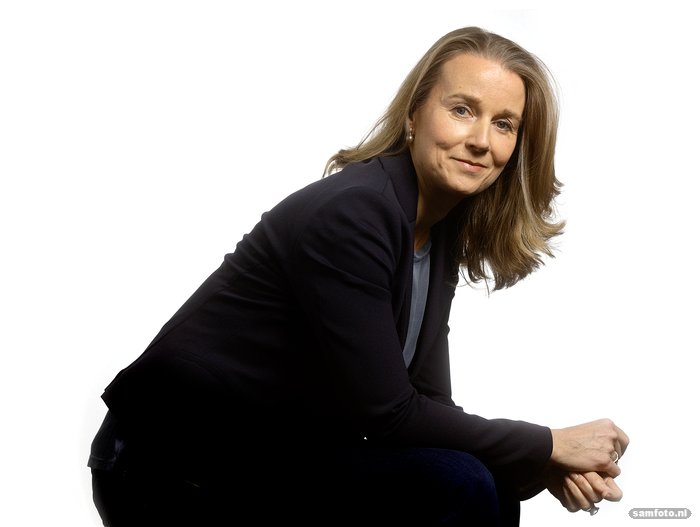Everything becomes fluid under pressure
[Column]
Quotes were being bandied about: ‘Everything becomes fluid under pressure’, ‘Never waste a good crisis’, Johan Cruyff’s legendary ‘Every disadvantage has its advantage’, to name just a few. Whether relevant or not, optimists use these kinds of expressions to indicate that, as painful as it is to all of us, the coronavirus crisis offers us many opportunities. That now is the right time to innovate. But is this really the case?
There are entrepreneurs who are now learning the hard way a truth that every techie knows: not everything becomes fluid under pressure. If you have limited financial reserves and your turnover falls to almost nothing from one day to the next because you have to close your business while your overheads keep piling up, it is debatable whether creativity will get you out of it. You often do need financial resources if you want to innovate.
For those companies that have adequate resources and the many companies that are not quite as badly affected, it definitely is true that there is more room for innovation. Why? The reason is that two things that normally hold back innovation disappear during a crisis. The first is loss aversion, the tendency to prefer avoiding losses to acquiring equivalent gains. For companies, this means that they would rather safeguard their current turnover than put effort into generating new turnover. This aversion is heard in arguments such as ‘That will eat into our existing turnover’ and ‘That new product has a low profit margin, which will lead to reduced profitability for the company’. The second reason is the lack of urgency in times of economic growth. Until March 2020, many companies simply did not feel the need to innovate. ‘Things are going well, aren’t they?’
A radical crisis punctures this bubble. If your turnover collapses from one day to the next, loss aversion disappears in one fell swoop and there is a rapidly growing sense of urgency. This can unleash enormous powers of innovation, and teams can realise way more in a very short time than they could have imagined. Retail chains retrain their staff to become online sales advisors, producers of hard liquor start making disinfectants, producers of tents start making screens for protecting cashiers, organisers of festivals turn into production companies in online events, and 3D printing parks switch from commissioned work to producing Covid-19 test swabs themselves. The list of examples goes on and on. All because loss aversion has fallen away and been replaced by a sense of urgency.
Technically, it might not be true that everything becomes fluid under pressure, but for many companies things really do get going. A crisis can therefore be a breeding ground for innovation. Or, to quote Cruyff: “Every disadvantage has its advantage.”
